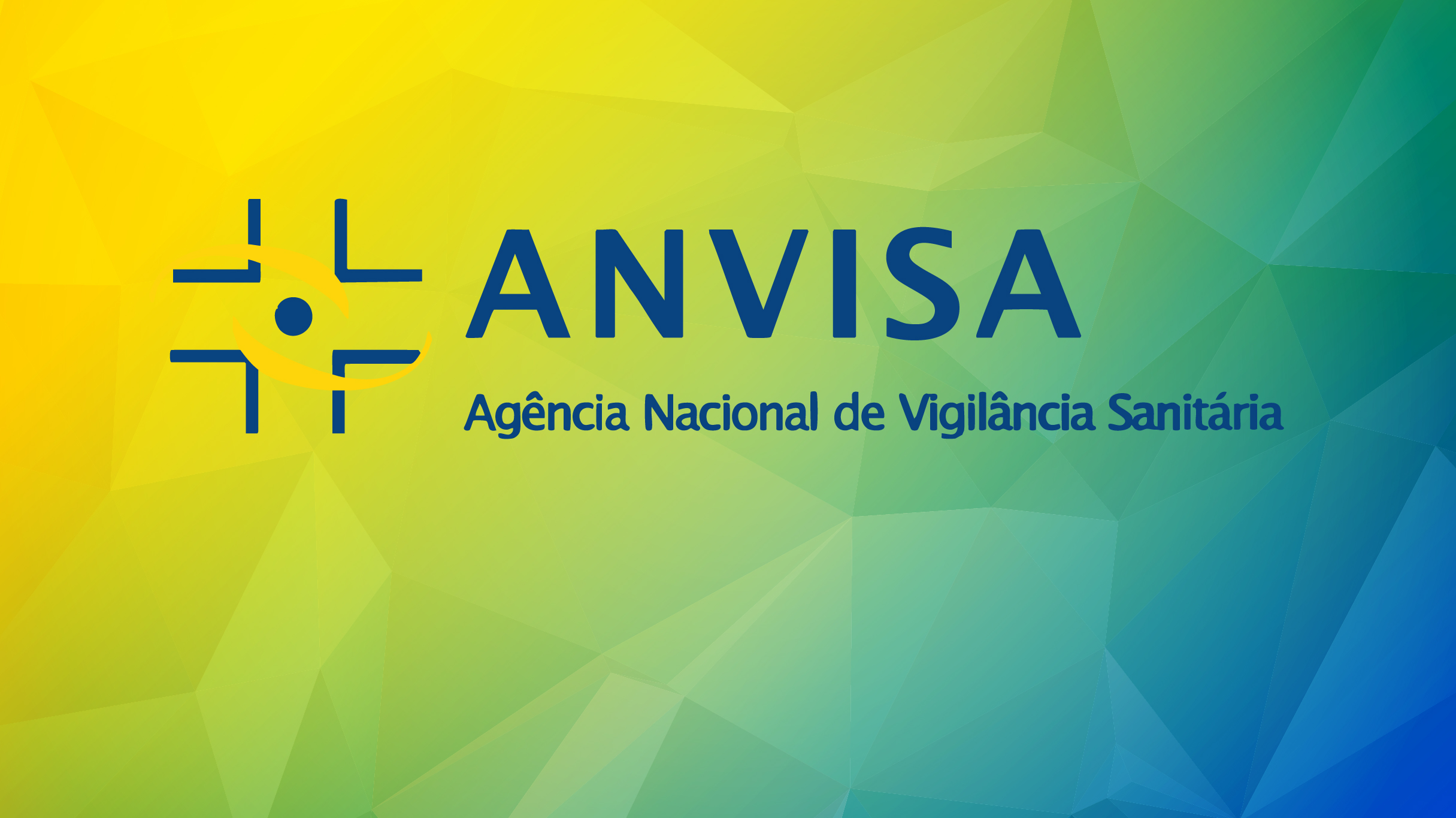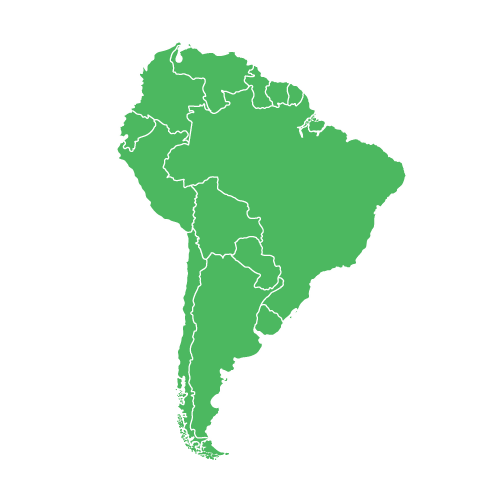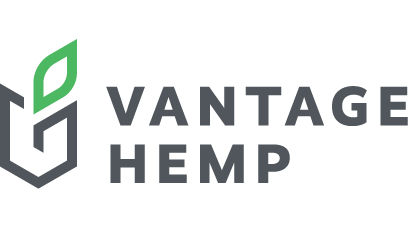
09 Feb Brazil – Evolving Cannabis Regulations
Recent regulatory changes have simplified the process for importing cannabis-derived active pharmaceutical ingredients (APIs), such as CBD Isolate, into the Brazilian market. These adjustments reflect a shift in Brazil’s approach, aligning more closely with international standards and acknowledging the potential of cannabis-based products.
RDC No. 327/2019, issued by ANVISA, established the regulatory framework for the manufacturing, importation, prescription, and commercialization of cannabis-derived products in Brazil. It set the foundation for the pharmaceutical use of cannabis, requiring manufacturers to meet strict quality and safety standards. RDC No. 660/2022 builds upon RDC 327 by expanding the importation pathway for individual patients, allowing them to access cannabis-based products with a medical prescription. While RDC 327 governs domestic commercialization and manufacturing operations, RDC 660 facilitates direct-to-consumer access.
Vantage Hemp Announces ANVISA CBPF Protocol Number for Brazil
Vantage Hemp Co. is actively pursuing the Certificado de Boas Práticas de Fabricação (CBPF) from Brazil’s National Health Surveillance Agency (ANVISA) for its CBD Tincture. The CBPF certification is a mandatory requirement for companies aiming to manufacture and distribute pharmaceutical products within Brazil, ensuring adherence to Good Manufacturing Practices (GMP) as stipulated by ANVISA. Working with a Brazilian partner, Vantage Hemp made its submission and received its CBPF protocol numbers (facility/product) in March 2025. The company currently awaits final inspection from ANIVISA authorities.
Under RDC 327/2019, Vantage Hemp must follow a multi-step licensing protocol to legally sell its CBD Tincture in Brazil’s domestic market as a cannabis-derived pharmaceutical product.

5 Steps to Brazil Market Access:
1. CBPF Certification (Certificado de Boas Práticas de Fabricação)
ANVISA requires CBPF certification to confirm compliance with Brazilian Good Manufacturing Practices (GMP). Vantage Hemp must undergo an ANVISA inspection and provide GMP equivalency documentation (e.g., WHO GMP or PIC/S compliance) where necessary. This step ensures Vantage Hemp’s CBD Tincture meets pharmaceutical production standards.
2. Local Authorization & Partnering with a Brazilian Pharmaceutical Company
Foreign companies cannot directly apply for product registration under RDC 327. Vantage Hemp must partner with a Brazilian pharmaceutical company that holds an ANVISA Sanitary Authorization (Autorização Sanitária) for cannabis products. This local partner will handle the product registration, distribution, and commercialization.
3. Product Registration with ANVISA
The Brazilian partner submits a dossier to ANVISA for product registration, including:
- Manufacturing details (aligned with CBPF/GMP standards)
- Stability studies & analytical testing
- Safety & efficacy data (based on international references or clinical trials)
- Labeling & packaging compliance with Brazilian regulations
ANVISA reviews the application and, if approved, grants temporary commercialization authorization, valid for five years.
4. Importation & Distribution Compliance
Once registered, Vantage Hemp’s CBD Tincture can be imported into Brazil through ANVISA-approved channels. The Brazilian partner manages wholesale distribution to pharmacies and hospitals. Unlike RDC 660, which allows direct patient importation, RDC 327 authorizes over-the-counter sales in pharmacies with a doctor’s prescription (without requiring a standard drug marketing authorization).
5. Post-Market Surveillance & Renewals
Vantage Hemp and its Brazilian partner must maintain pharmacovigilance protocols. ANVISA requires periodic reporting on adverse effects, efficacy, and batch quality. After five years, the product must undergo re-evaluation for registration renewal.
Key Takeaways for Vantage Hemp
- CBPF certification is essential for ANVISA approval
- A Brazilian pharmaceutical partner is mandatory
- ANVISA product registration under RDC 327 is needed before selling in Brazilian pharmacies
- Sales require a prescription, but no full drug approval is needed
- Ongoing compliance with ANVISA’s regulations is necessary for maintaining market authorization
A Partner for Brazilian Healthcare Companies
Partner with Vantage Hemp to ensure the highest quality pharmaceutical grade CBD and CBG APIs and finished goods for Brazilian patients. Take advantage of Vantage Hemp’s extensive expertise in extraction, refinement, formulation, and international distribution under cGMP standards.
Step |
Description |
Responsibility |
| 1 | Legal name, address, and geographic coordinates (with indication of latitude and longitude) of the manufacturer. | Vantage |
| 2 | If the manufacturer outsources any stage of its production as well as the cultivation process, provide data on the company. | Vantage |
| 3 | Valid Good Manufacturing Practices certificate issued by the health authority of the country where the manufacturing facility is located. Certificates issued in English, Spanish, or Portuguese languages will be accepted without the need for sworn translation. | Vantage |
| 4 | International Health Authority Inspection Report of the company to be certified (please share the latest inspection report issued). Did the inspection and certificate issued by the local health authority cover the production line where products exported to the Brazilian market will be manufactured? | Vantage |
| 5 | Master File of the Plant – Site Master File (SMF) | Vantage |
| 6 | Periodic Product Reviews (PPR). For initial approval where the production of the medication(s) has not yet begun, this situation must be reported in the certification request. The validation of the process for the medication(s) and the risk analysis conducted by the manufacturing company for the inclusion of these product(s) in the production line, including the impacts on the validation of previously established cleaning procedures, must be presented. | Vantage |
| 7 | Monitoring plan for the use of the Cannabis product in the market. | Client |
| 8 | Stability studies report for three batches of the product. | Client |
| 9 | Quality control report for raw materials and finished products. | Vantage |
| 10 | Information booklet layout. | Client |
| 11 | Packaging and labeling layout. | Client |
| 12 | Justification containing a summary of the rationale for the development of the phytotherapeutic or phytomedicine Cannabis product and the concentrations of the main cannabinoids, including at least CBD and THC. | Client |
| 13 | Justification containing a summary of the technical-scientific rationale for the formulation of the Cannabis product and the route of administration. | Client |
| 14 | Declaration from the plant supplier confirming compliance with Good Agricultural and Collection Practices (GACP). | Vantage |
The Role of International Certifications in Brazil Market Access
International certifications play a pivotal role in enabling companies to navigate complex regulatory landscapes. For Vantage Hemp, possessing certifications from globally recognized authorities is a critical asset. The company’s certification under the Pharmaceutical Inspection Co-operation Scheme (PIC/S) by Australia’s Therapeutic Goods Administration (TGA) exemplifies this strategic advantage.
Such certifications are not mere endorsements; they are comprehensive validations of a company’s manufacturing practices, quality control, and product safety. By adhering to the rigorous standards set by international bodies like the TGA, Vantage Hemp not only ensures compliance but also builds trust with regulatory agencies worldwide. This trust is crucial in markets like Brazil, where regulatory bodies are increasingly recognizing the merit of foreign certifications in lieu of local audits.
Understanding ANVISA Brazil Alignment with Global Standards
ANVISA’s recent regulatory shifts illustrate a broader trend of aligning with global pharmaceutical standards. By recognizing certifications from international bodies, ANVISA is reducing bureaucratic hurdles and expediting the process of bringing innovative pharmaceutical solutions to the Brazilian market. This alignment is particularly evident in the acceptance of certifications from members of the PIC/S, an organization that Brazil is part of, which sets high standards for Good Manufacturing Practices (GMP).
Leveraging PIC/S and TGA Certifications for Brazil Market Access
Vantage Hemp’s certification by the TGA under the PIC/S framework is a testament to the company’s commitment to maintaining high-quality manufacturing standards. This certification is particularly significant for accessing the Brazilian market, as it allows Vantage Hemp to streamline the extensive ANVISA audit process traditionally required for importing APIs.
The PIC/S certification ensures that Vantage Hemp adheres to stringent GMP standards, which are recognized and respected by regulatory authorities worldwide.
How Vantage Hemp’s FDA DMF Streamlines Brazilian Export
In addition to its PIC/S certification, Vantage Hemp also holds a Drug Master File (DMF) with the U.S. Food and Drug Administration (FDA), providing an additional layer of assurance regarding the quality and safety of its CBD Isolate API. The FDA DMF serves as a comprehensive dossier that details the manufacturing process, controls, and specifications of the product, offering transparency and reliability to regulatory bodies and business partners alike.
For the Brazilian market, the FDA DMF is instrumental in streamlining the export process. It complements the TGA certification by reinforcing Vantage Hemp’s commitment to excellence in pharmaceutical manufacturing. The combination of these certifications enhances Vantage Hemp’s credibility, allowing them to meet Brazil’s evolving regulatory standards more efficiently and effectively, thereby accelerating their market entry and expansion.
Partner with Vanatage Hemp in Brazil: The Future of CBD Isolate API in Brazil’s Pharmaceutical Sector
As Vantage Hemp enters the Brazilian market with its CBD Isolate API, it sets a precedent for other pharmaceutical companies seeking to capitalize on the burgeoning demand for cannabinoid-based therapies. The successful navigation of Brazil’s regulatory landscape by leveraging international certifications showcases a viable pathway for other industry players, ultimately contributing to a more robust and dynamic pharmaceutical ecosystem in Brazil.


Sorry, the comment form is closed at this time.